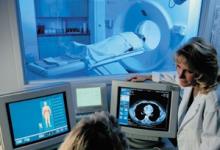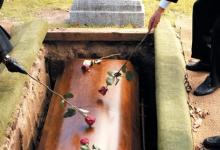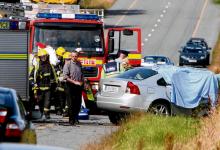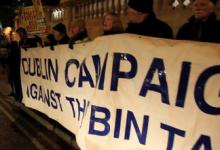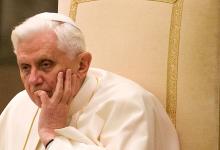2009 in Healthcare
Health was usurped by the economy as the story of the year in 2009, yet health stories persistently hit the headlines. If you look at the papers on the 29th and 30th December 2009, reading the stories is like ground hog day: crowded A&Es, excessive wait times for colonoscopies, barbaric conditions in psychiatric hospitals. But look if we objectively over the year what were new health stories. The two biggest health stories were – the flu pandemic and President Obama’s efforts to extend health care coverage in USA.


